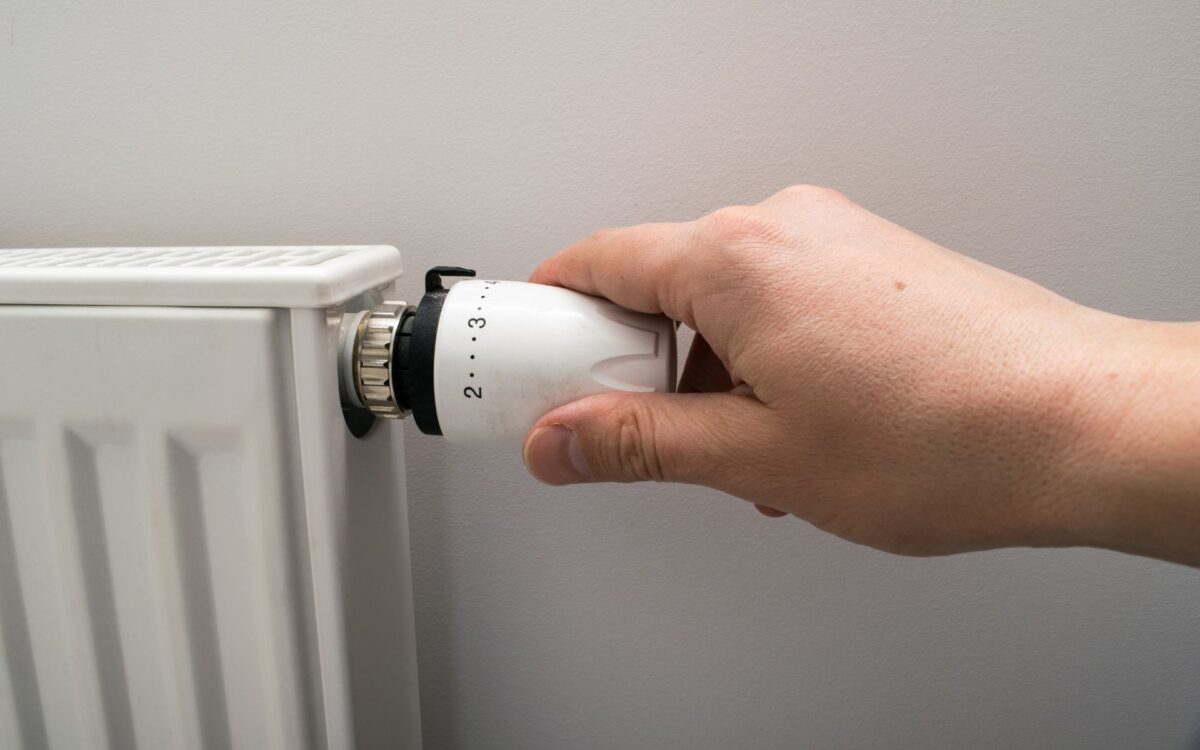Sunny Solanky, a British Gas engineer, provides several technical strategies to optimize radiator efficiency and reduce heating bills. These methods focus on maximizing heat retention, minimizing energy loss, and ensuring that the heating system operates efficiently.
Boost Heating Efficiency with Simple Changes
An effective way to improve the efficiency of your heating system is to prevent heat loss. Simple changes, such as installing radiator film or tin foil behind radiators, can result in significant savings. According to Sunny Solanky, “this method is particularly effective because the film reflects warm air, reducing energy wastage and saving money.”
Indeed, this reflective material reflects heat back into the room, rather than letting it escape through external or solid walls. Instead of losing heat to cold surfaces, by concentrating heat where it’s needed, homeowners can save up to £25 a year.
A further essential step in improving the efficiency of radiators is to purge them. Solanky advises, “If your radiators have cold areas that don’t heat up, there are probably pockets of air inside, indicating that they need bleeding.” Trapped air prevents hot water from circulating properly.
Therefore, radiator purging frees the air and ensures efficient system operation, allowing heat to be distributed evenly throughout the room.
Manage Energy Efficiently by Turning Off Heating in Unused Rooms
Turning off radiators in rooms that are not in use is a simple yet effective way to reduce unnecessary energy expenditure. Solanky suggests, “If you know a room isn’t going to be used, then make sure you turn the radiator off and close the door to stop cold air circulating through the rest of the house.”
By focusing energy on the rooms that are actively being used, homeowners can reduce waste and ensure that only essential areas are heated.
Maximize Heat Distribution with Simple Adjustments
In order to further improve the performance of your heating system, avoid blocking radiators with furniture. Solanky warns, “Blocking radiators with furniture such as sofas and chairs can prevent heat from circulating properly, making the space colder.” Enough space around the radiator allows heat to circulate freely, making the room warmer without increasing energy consumption.
In addition, the installation of thermostatic radiator valves (TRV) enables precise temperature control in each room. Solanky explains, “TRVs detect the temperature of a room and adjust the flow of hot water accordingly, allowing each room’s temperature to be set separately, heating only where necessary.” This allows homeowners to customize heating in different zones, ensuring comfort while minimizing unnecessary energy consumption.









